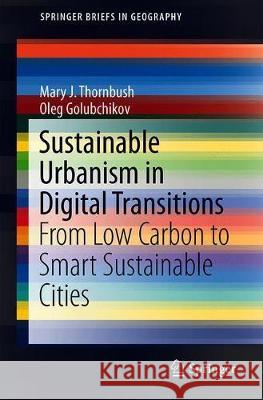Sustainable Urbanism in Digital Transitions: From Low Carbon to Smart Sustainable Cities » książka
topmenu
Sustainable Urbanism in Digital Transitions: From Low Carbon to Smart Sustainable Cities
ISBN-13: 9783030259464 / Angielski / Miękka / 2019 / 65 str.
Kategorie:
Kategorie BISAC:
Wydawca:
Springer
Seria wydawnicza:
Język:
Angielski
ISBN-13:
9783030259464
Rok wydania:
2019
Dostępne języki:
Numer serii:
000465985
Ilość stron:
65
Waga:
0.09 kg
Wymiary:
23.77 x 18.82 x 0.36
Oprawa:
Miękka











